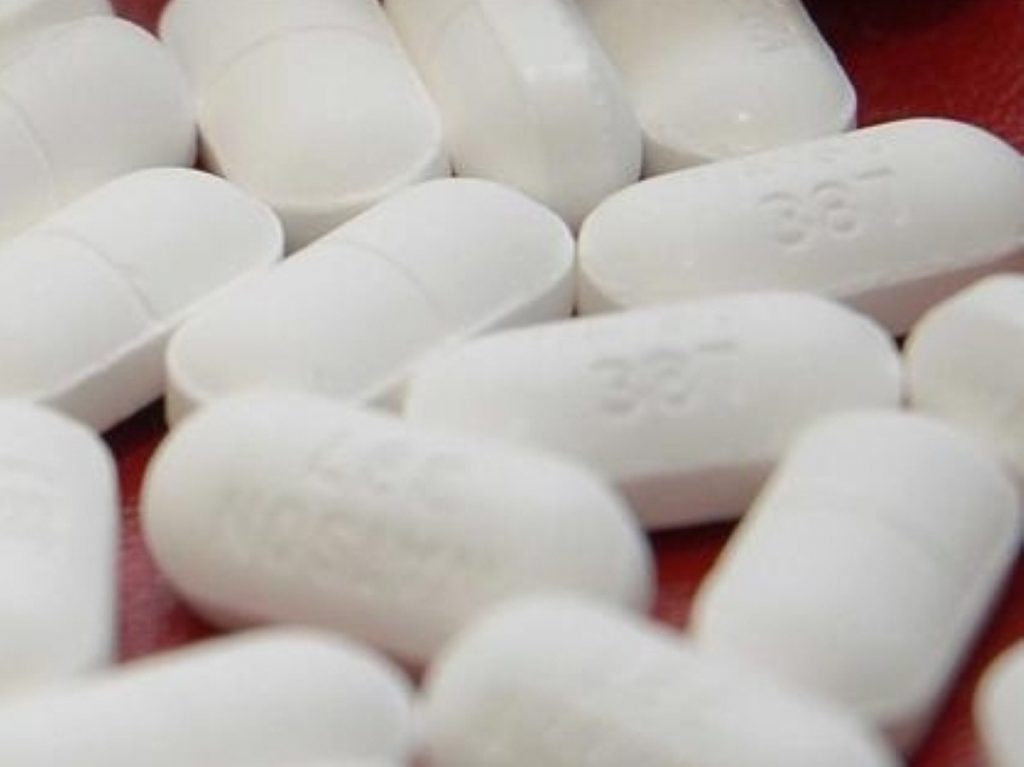Minister promises ‘temporary ban’ on new legal highs
By Ian Dunt
The government will slap 12-month temporary bans on new substances as they emerge, the minister for crime prevention confirmed today.
The plans, which had been proposed by home secretary Theresa May, will be put in legislation allowing for a maximum penalty of 14 years in prison and an unlimited fine for suppliers of the substances.
It follows the banning of several high-profile drugs, such as mephedrone, which had been widely available on the internet.


“The drugs market is changing and we need to adapt current laws to allow us to act more quickly,” James Brokenshire, minister for crime prevention, said.
“The temporary ban allows us to act straight away to stop new substances gaining a foothold in the market and help us tackle unscrupulous drug dealers trying to get round the law by peddling dangerous chemicals to young people.
“However, anyone tempted to try a legal high must understand it is not safe or sensible to take a substance when you do not know what it is or what is in it – especially when some are claimed to be pond cleaner or bath salts.”
The legislation will give the government the ability to act swiftly when new products, such as Ivory Wave, emerge containing drugs like mephedrone, which are already known to be harmful.
The law will let the Home Office slap the 12-montn temporary ban on the substance while the Advisory Council on the Misuse of Drugs (ACMD) decides whether to permanently ban it.
The move flies in the face of a building movement for reform of Britain’s drugs laws, with senior figures in medicine and law calling for the decriminalisation of narcotics.
Earlier this week Professor Sir Ian Gilmore, president of the Royal College of Physicians (RCP), came out in support of decriminalisation.
In July, the chair of the Bar Council and the editor of the British Medical Journal (BMJ), the UK’s most well-respected medical publication, backed reform of Britain’s drug laws.
Both Nick Clegg and David Cameron have previously made statements supporting a liberalisation of the law, but there has been change in drugs policy under the coalition government.
Meanwhile the Home Office has announced it is considering withdrawing benefits from drug addicts who are not prepared to undergo treatment.
The proposal has provoked a storm of criticism, with many warning addicts would simply resort to crime or prostitution to fund their habit.
“Under the principles that are enshrined in the NHS constitution, medical intervention should be therapeutic, consensual, confidential,” charity DrugScope’s chief executive Martin Barnes told the Today programme.
“I just don’t see that’s compatible with using the benefits system to require people to undergo a complex form of drug treatment intervention.”









